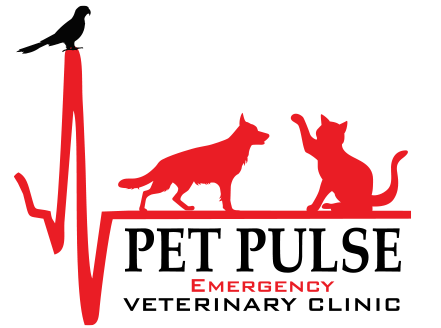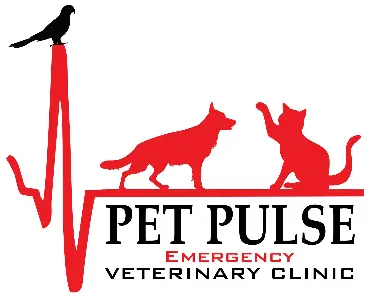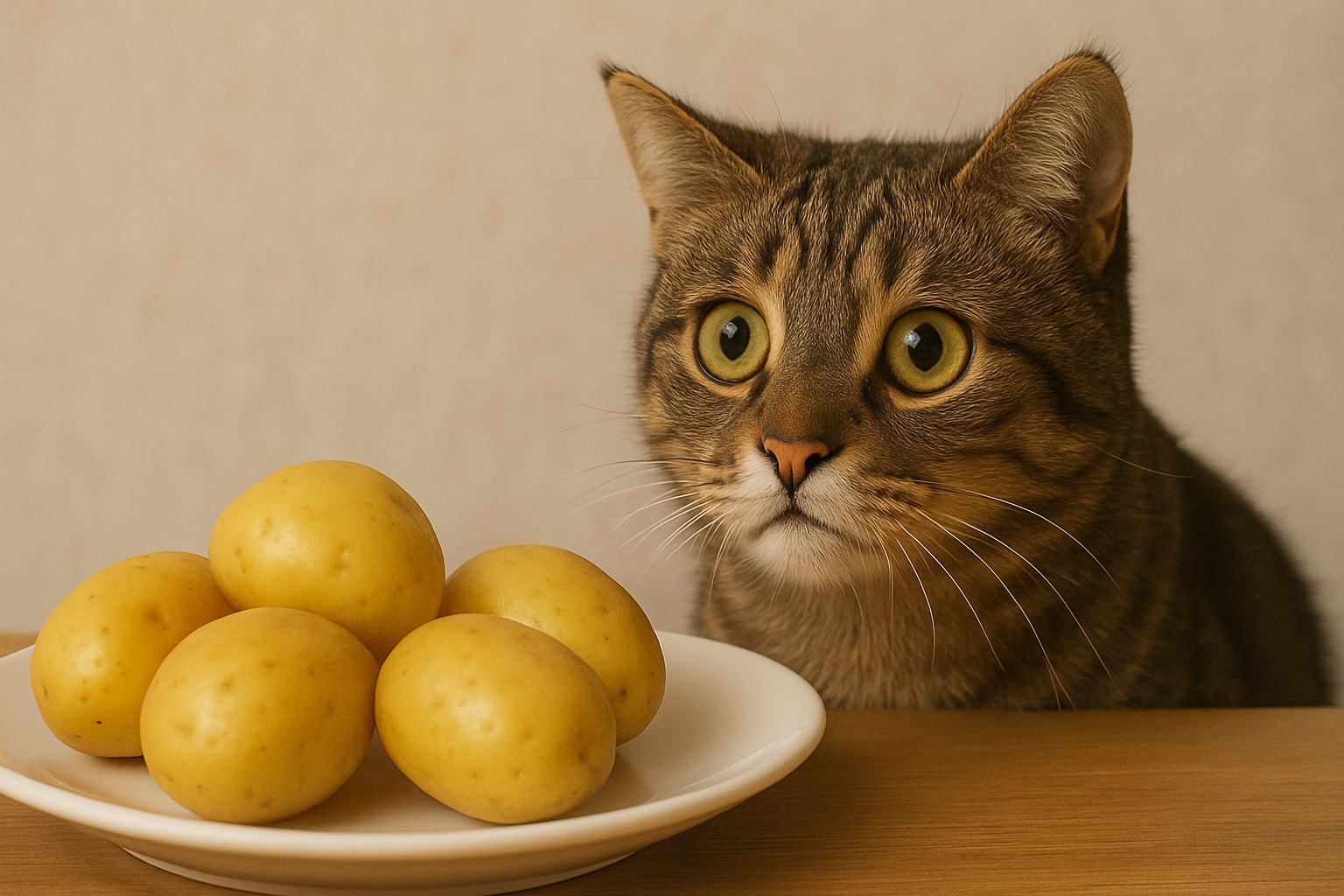Cats are curious creatures, often drawn to the foods we eat, and many pet owners wonder if sharing a bit of potato is safe. And that curiosity raises the key concern for pet lovers everywhere: can cats eat potatoes?
Yes, cats can eat potatoes only if they are plain, cooked, and given in very small amounts. Raw potatoes, skins, fries, or seasoned versions are unsafe and should be avoided.
Since potatoes appear in many forms, it is important to know which types are safe and which pose risks. The sections below break this down, explain their nutritional value, and guide you on safe feeding practices.
Are Potatoes Good or Bad for Cats?
Potatoes aren’t especially good or bad. Plain, cooked potatoes are safe as an occasional treat, but they don’t provide meaningful nutrition. Cats are obligate carnivores, meaning their diet should be primarily meat-based. Too much potato can lead to digestive upset and extra calories.
Can Cats Eat Raw Potatoes?
No, raw potatoes contain solanine, a natural toxin that can cause vomiting, diarrhea, and lethargy. Potato skins also carry this risk. Cooking removes solanine, but raw potatoes should never be fed to cats.
Can Cats Eat Mashed Potatoes?
Yes, but only if they’re plain. Mashed potatoes with butter, milk, salt, garlic, or seasoning are unsafe and can upset your cat’s stomach. Since potatoes don’t add nutrition, they’re best limited to rare, tiny tastes.
Are Boiled or Baked Potatoes Safe?
Yes, a small piece of plain boiled or baked potato, cooled and unseasoned, will not harm your cat. This is the safest way to offer potato, but it should remain an occasional snack.
Can Cats Eat Potato Fries or Chips?
No, fries, chips, and other fried potatoes are high in fat, oil, and salt. These can upset your cat’s stomach and contribute to weight gain or dehydration.
Should Cats Eat Potatoes Every Day?
No, starch-heavy foods can cause digestive problems, weight gain, and nutritional imbalance. Cats get everything they need from protein-rich diets.
Nutritional Value of Cooked Potatoes (per 100g)
| Nutrient | Amount | Relevance To Cats |
| Calories | 87kCal | Provides energy, but cats rely on protein and fat instead |
| Carbohydrates | 20g | Cats lack enzymes (like amylase) to process carbs efficiently; excess leads to weight gain |
| Protein | 2 g | Very low compared to meat, so not useful for cats |
| Fiber | 2 g | Minimal effect; cats benefit more from fiber in cat food |
| Vitamin C | 9 mg | Cats make their own vitamin C, so this adds no benefit |
| Potassium | 379 mg | Supports muscles and nerves, but cats already get enough from meat |
| Vitamin B6 | 0.3 mg | Helps metabolism, but cats absorb it better from protein sources |
Potatoes contain nutrients, but cats cannot use most of them efficiently. Their real nutritional needs are met through a meat-based diet.
FAQs
1. What if my cat ate raw potato?
Raw potato contains solanine and can make cats sick. If your cat shows vomiting, weakness, or loss of appetite, contact your veterinarian.
2. Can cats eat potato chips?
No, chips are high in salt and fat. These ingredients are harmful and may cause stomach upset or dehydration.
3. Do kittens react differently to potatoes?
Yes, kittens are more sensitive and need a strictly protein-rich diet. Avoid giving them potatoes altogether.
Final Thoughts
Cats can safely nibble on a small piece of plain, cooked potato, but raw, fried, or seasoned versions should be avoided. In moderation, boiled or baked potato is not harmful, though it adds little nutrition compared to meat. The safest approach is to keep potatoes occasional and plain. If your cat eats raw potato or shows signs of stomach upset, contact your veterinarian promptly.



